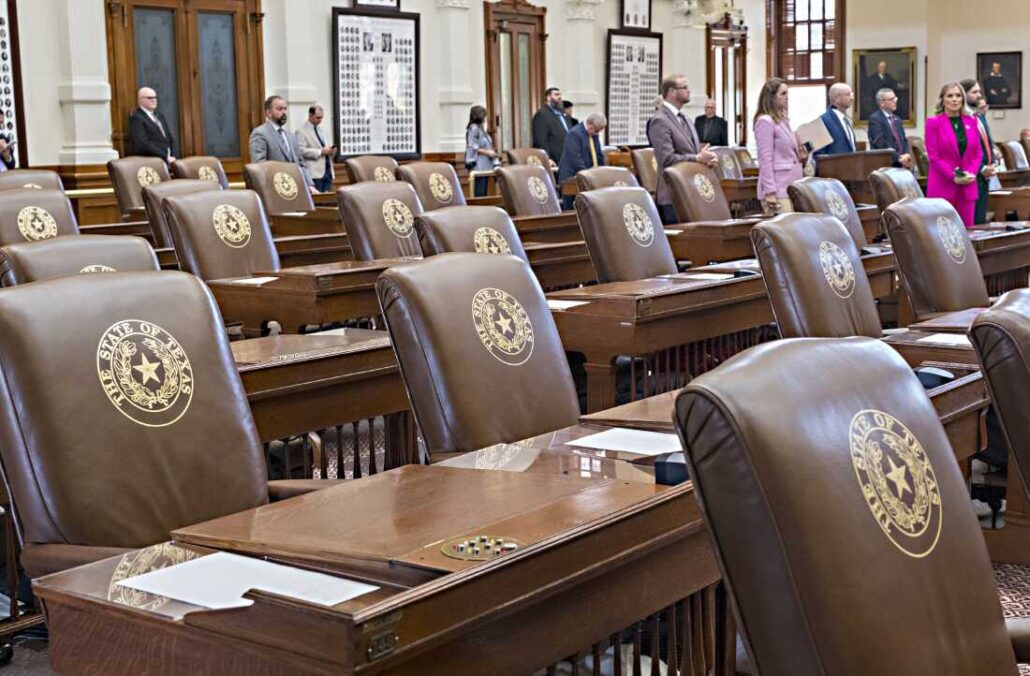Democratic lawmakers in Texas have fled their state to deny a quorum in the legislature. The special session called to address the recent flooding disaster is now being used to redistrict Democrats out of office in the next election. If the effort is successful, mostly brown and black people will be further disenfranchised. The purpose of the redistricting is to ensure a Republican majority in Congress. While gerrymandering is technically an acceptable use of the law, the out of time redistricting effort does not comply with the spirit and purpose of democratic elections. With a soulful view of history, I see more clearly that faithful observance of law is not just a matter of legal compliance—it is an act of loving goodness and God.
This week’s Torah portion, Eikev, underscores that point. Eight times we are instructed to “obey the rules,” “observe the instructions,” “keep the commandments,” and “follow the laws.” Three of those times, the text directly links law observance to loving God. We are called to serve a God who “upholds the cause of the fatherless and the widow, and befriends the stranger, providing food and clothing” (Deut. 10:18).
Simply enacting laws does not create a moral society. Laws offer structure, security, and prosperity only when kept in the spirit in which they were intended. They can be interpreted—or misinterpreted—toward justice or toward oppression. When our obedience flows from a God-centered vision, we align ourselves with the Divine work of protecting the vulnerable and welcoming the stranger.
The Torah promises that such faithfulness brings not only moral integrity but also protection from enemies, strength in adversity, and sustenance in the land. Moses warns, however, against imagining that: “My own power and the might of my own hand have won this wealth for me” (Deut. 8:17). Without humility and moral intention, even rigorous legal observance becomes hollow—and dangerous.
History and current events bear this out. Some pursue false gods—wealth, ultra-nationalism, prejudice—believing themselves lawful, yet in truth they mock the very spirit of the law. The Founding Fathers, drawing on biblical imagery, sought to create a nation of liberty and justice, crafting laws to supplant tyranny with democracy. Their vision was incomplete and imperfect, but it leaned toward fairness, freedom, and the common good.
Now, in America, we face those who twist the law to replace democracy with tyranny. They reject the Divine call to care for the neighbor, aid the stranger, and ensure the necessities of life for all. To be truly faithful to the law is to aspire toward a society that is freer, fairer, and more compassionate—not just lawful, but godly.
Rabbi Evan J. Krame
If this reflection resonates with you, consider sharing it with your community—or simply take a moment to reflect on the fire you’ve endured and the strength you’ve gained.




